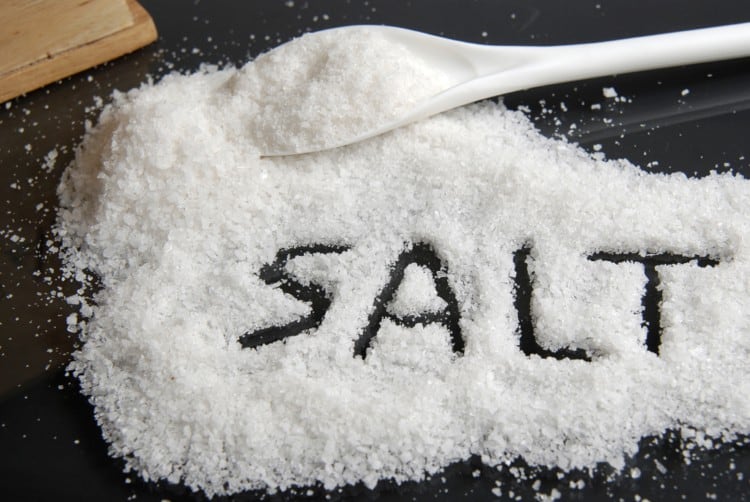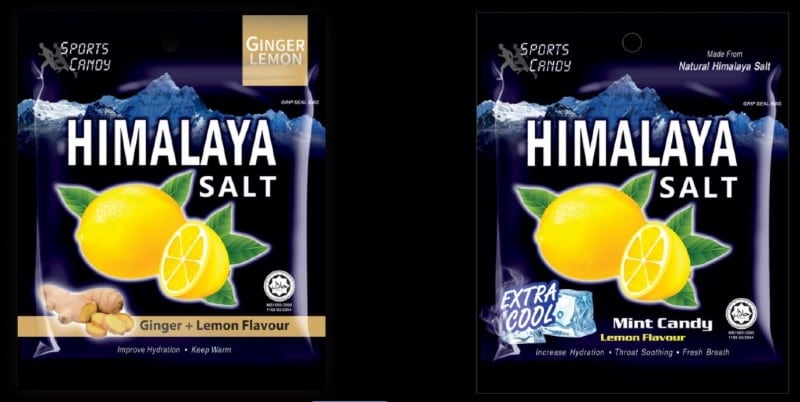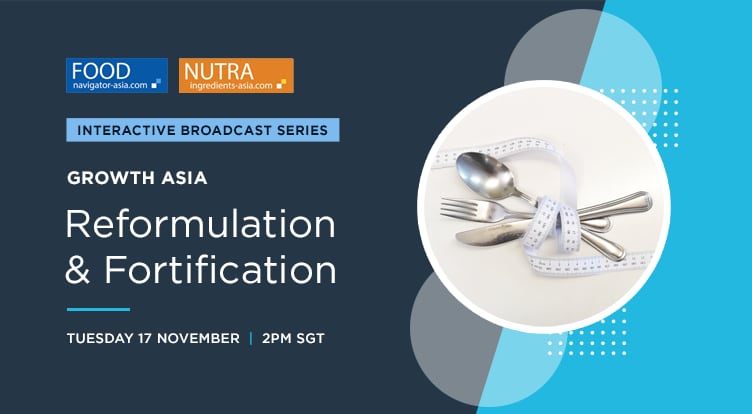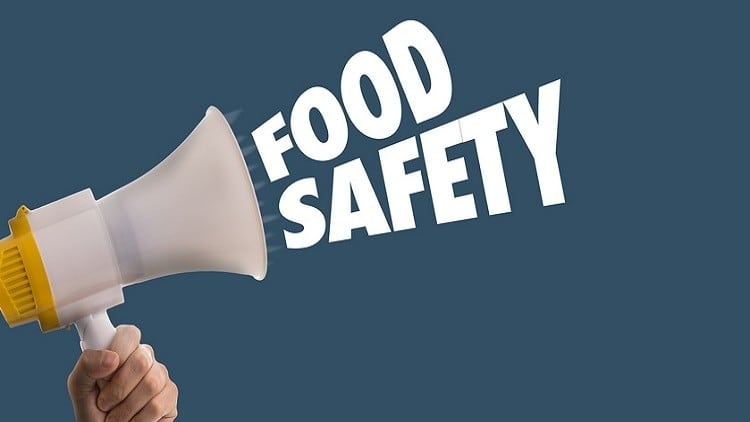Thailand has been discussing the implementation of a salt tax since 2018, and the plan would be to levy this on processed packaged food products in the industry, but not yet on condiments, high-sodium seasonings or other ‘everyday staples’.
The country’s Excise Department, Ministry of Public Health, Ministry of Finance and Bureau of Tax Planning were still in discussion of this as of last year, but according to Food Science and Technology Association of Thailand (FoSTAT) Chairman Professor Anadi Nitithamyong, the plan has been delayed in favour of caution.
“The salt tax plan is delayed because the authorities would like to be careful in designing and implementing the system [and there were] some impacts by COVID-19,” she told FoodNavigator-Asia.
“That said, I believe that salt tax implementation will be coming in 2021 - but only on certain food categories such as instant porridge, congee, instant noodles and perhaps snacks.”
When asked how FoSTAT and the local food and beverage industry are preparing to meet the requirements of this tax when it is finally published, Prof Nitithamyong said that reformulation is ongoing, but likely to be a slow, gradual process – and this means they would have to absorb some tax and cost initially before reformulation efforts are completed.
“Local food and beverage companies have been working hard to adjust their formulations since salt tax was mentioned a while back, so it has been in progress,” she said.
“However, it is unlikely that they will be able to abruptly reduce salt/sodium in all SKUs to avert tax. More likely they may have to gradually work on it and absorb a certain amount of tax in the beginning, then move on in the hope that they will be able to tailor down the salt/sodium content in most of the products.
“[This is still unconfirmed] as a lot of discussion has been carried out and is still ongoing amongst stakeholders, but [it looks likely at the moment].”
Technical challenges are one of the main causes for this difficulty in salt reformulation – even more so than sugar reformulation, Prof Nitithamyong told us.
“Salt replacement is a technical challenge [because salt content and application] differs even among products in the same category. It is more complicated than the implemented sugar tax in sugar-sweetened beverages [for sure],” she said.
“Quality and taste preference also varies widely for consumers, [which] adds to the technical challenge of salt replacement.”
Salt has wide and varied uses across many products, and it is expected to be very difficult for manufacturers to find a wide-ranging solution, even if a transitional period of one to two years is given, so the local F&B industry remains unconvinced that this is the right step forward.
“In the meantime, they are also testing less-salt menus and recipes with hospital cafeterias and some restaurants and food deliveries since Thai consumers are also highly reliant on food service [and it is more flexible to adjust salt content here],” she said.
“A website called Sodium Lesstaurant has established to advocate less salt intake via restaurant foods and recipes.”
Junk food and fast food marketing ad bans
In addition to this, Prof Nitithamyong also told us that there has been mention of regulations to govern the marketing of junk foods and fast foods in Thailand, but ‘no specific movement at the moment’.
That said, she is also not in favour of an outright ban on marketing as she expects the impact of this to be low.
“I believe consumer education is more crucial - a ban is just an option which may not be so practical,” she said.
“They may try to impose such a ban in schools first, probably, [but] there are no specific initiatives on this at the moment.”
A recent study saw Thailand emerge as the top scorer amongst all developing countries worldwide in terms of adolescent fast food consumption.





